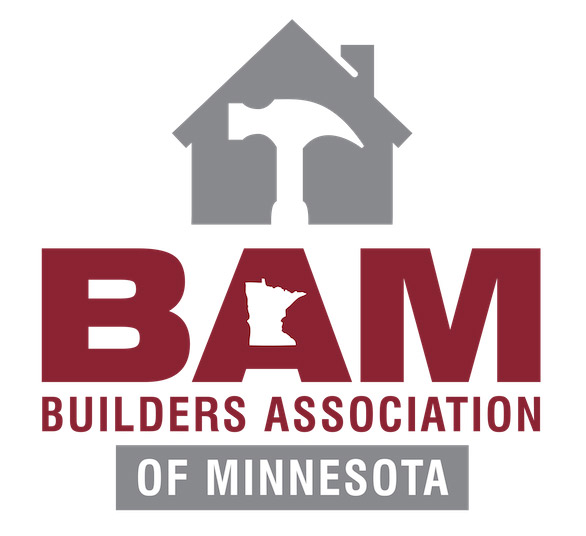Walz Blasts Legislature Over Unemployment Insurance Dispute
Gov. Tim Walz sharply criticized the Minnesota Legislature on Wednesday for failing to break its impasse over an unemployment insurance tax increase that businesses are already starting to pay.
The Democratic governor blamed both the Senate Republican and House Democratic majorities, saying it’s “absolutely ridiculous” that they didn’t reach a deal soon after the legislative session began in January. He said they need to pick up the pace with the May 23 adjournment coming up in just over four weeks, and said he’ll propose a path forward in his State of the State speech on Sunday.
Employers across Minnesota started getting bills for higher first-quarter unemployment insurance taxes soon after legislative leaders failed to agree by the March 15 deadline for heading off an automatic increase.
The increase kicked in because the state must replenish its unemployment insurance trust fund, which has been depleted by the pandemic. The state can tap over $1 billion in federal COVID-19 relief money and the state’s $9.25 billion budget surplus to raise the necessary $2.7 billion. But House Democrats have made a tax rollback contingent on Senate Republicans agreeing to $1 billion in “hero pay” for frontline workers instead of the $250 million target all sides set last year.
Walz said lawmakers could have settled it all back in January.
“This should have been the easiest deal in Minnesota political history,” Walz said during a visit to a Cub Foods supermarket in north Minneapolis to talk about his tax rebate proposal.
Doug Loon, president and CEO of the Minnesota Chamber of Commerce, told reporters at the Capitol that his group shares the governor’s frustrations.
Democratic House Speaker Melissa Hortman has said the real deadline is April 30, when the first tax bills reflecting the increase come due.
Walz and Loon both said some companies have already paid those bills. And Walz said he hopes the frustrations of those employers prods lawmakers into a deal.
Loon said the businesses he represents are universally reporting double-digit or higher increases in their unemployment insurance tax bills when they’re already struggling to be competitive.
“Other states have fixed this. And Minnesota as an outlier state needs to be competitive,” Loon said. “If we don’t fix this, Minnesota businesses are at a disadvantage.”
Walz spoke as the Chamber coincidentally held its annual lobbying day at the Capitol. Loon said around 100 of his members fanned out to meet with their local lawmakers and tell them how the tax increase was affecting them.
